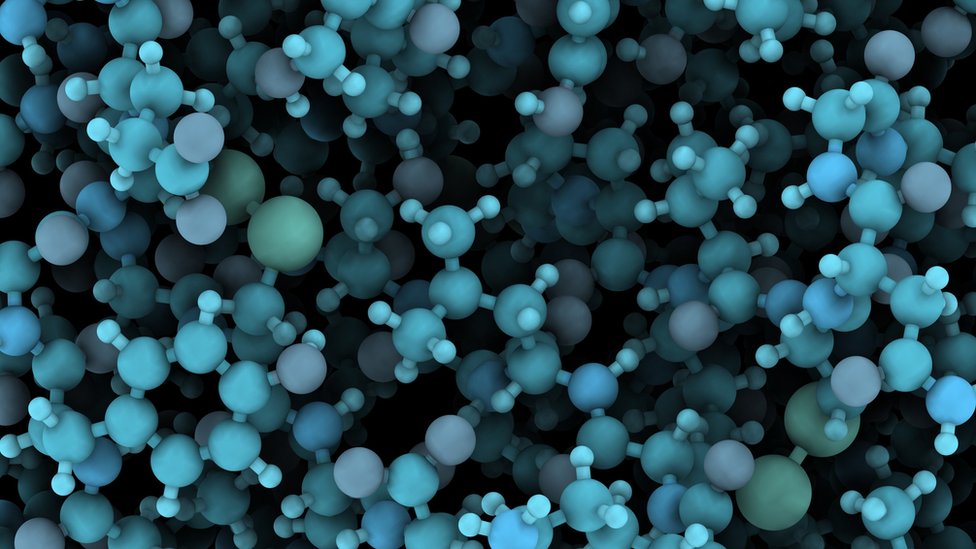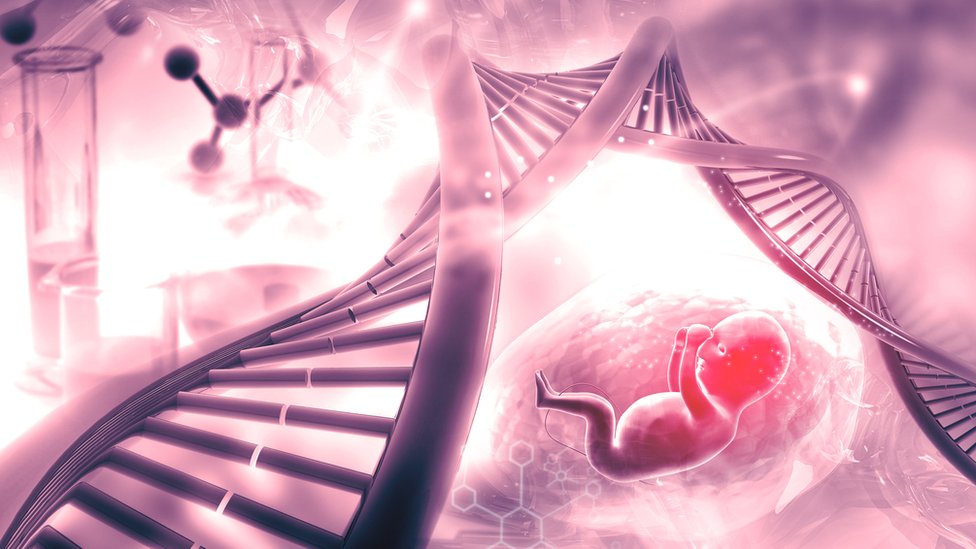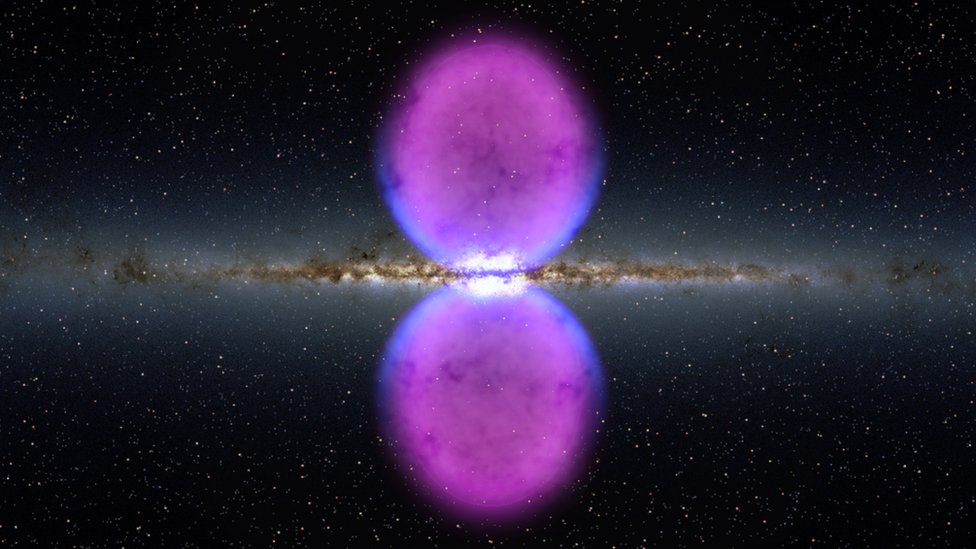$3 million to find out where the parental instinct is in a mouse's brain. It may seem trivial, however, this scientific breakthrough is extraordinary because it can help us better understand the roles we human beings take and how the parental behaviors of men and women work.
The research, led by French neurobiologist Catherine Dulac of Harvard University, USA, is one of the winners of the Breakthrough Prizes, the world's largest scientific awards, the so-called "Oscar of Science," sponsored by Facebook founder Mark Zuckerberg and other Silicon Valley entrepreneurs.
This Thursday, this year's laureates were announced. All of them are scientists who have answered in their research "the deepest questions about life sciences, physics, and mathematics," the foundation that awards the awards said.
The organization said, at a time when the importance of scientific achievement resonates around the world more urgently than ever, breakthrough Prizes continue their nine-year tradition of honoring the deepest and most transformative discoveries.
Let's see what some of those achievements were.
Designing new proteins
Biochemist David Baker, from the University of Washington and Howard Hughes Medical Institute, USA, was awarded for developing a technology that allows designing proteins that have never been seen before in nature. The discovery of new proteins can be key to fighting disease.
This tool will allow researchers to create new proteins that help fight disease, perhaps able to neutralize covid-19, the Breakthrough Prize Foundation revealed.
Baker said, being able to design proteins from scratch to do exactly what you want, instead of modifying what we find around us, is like the transition out of the Stone Age.
The DNA of the fetus
Yuk Ming Dennis Lo of the Chinese University of Hong Kong received the Breakthrough Award for discovering that the fetus' DNA is present in maternal blood and that fetal blood can also be used to check for possible genetic disorders in the fetus. This can help prepare doctors for any special needs or treatment a child may need after birth. Dennis found it in the maternal blood, there's DNA from the fetus.
Mysteries of dark energy
The work of physicist Eric Adelberger, Jens H. Gundlach, and Blayne Heckel of the University of Washington, USA, was awarded for creating extremely precise instruments to unravel mysteries about gravity and dark energy. Thanks to them you will be able to test some Einstein theories.
An interesting aspect of this group of experimental scientists is that they managed to test hypotheses about the fundamental laws of physics in small spaces, without the need for large equipment that cost billions of dollars.
The E't-Wash Group that's what the team is called - has been working on issues related to gravity since 1986, trying to verify, among other things, whether it is the weakest fundamental force or whether there is an even weaker fifth force.
Mitochondria and Parkinson's
Richard J. Youle, of the U.S. National Institutes of Health (NIH), was awarded for finding a quality control pathway that cleans up damaged mitochondria and can therefore protect against Parkinson's disease.
Mitochondria, inside neurons, are the parts of cells that generate energy. Errors in its functioning can be key in Parkinson's progression.
Youle's research found genes had mutated that in patients who had an inherited form of the disease, that prevent damaged mitochondria from being eliminated as in normal cells. Damaged mitochondria have been linked to Parkinson's disease since the 1970s.
"Fermi Bubbles"
Particle physics Tracy Slatyer, known for her work hunting dark matter in our galaxy, received the award for her contributions to particle astrophysics.
This scientist helped discover dark matter models and so-called Fermi bubbles, structures never before seen that are replicas of the burst of a black hole. These huge structures, which were found thanks to the Fermi gamma-ray space telescope hence its name show the birth of stars millions of years ago
The toughest math
Martin Hairer, of Imperial College London, United Kingdom, received Breakthrough for his studies in stoic partial differential equations in the mathematics category. And yes, it's as complicated as it sounds.
It is one of the hardest parts of mathematics to understand because it includes terms that involve very random events, such as ambient noise or the millions of stock transactions that occur daily.
Thanks to their work, many researchers have become interested in such equations, which allow solving some problems with random events that apparently would have no solution.






0 Comments